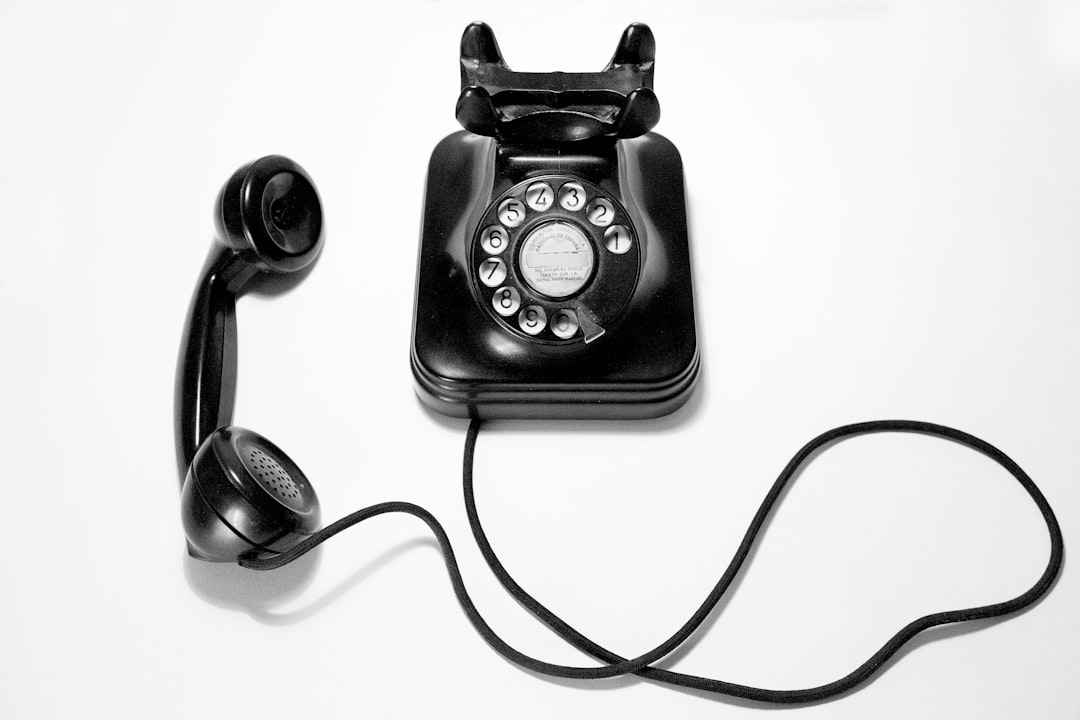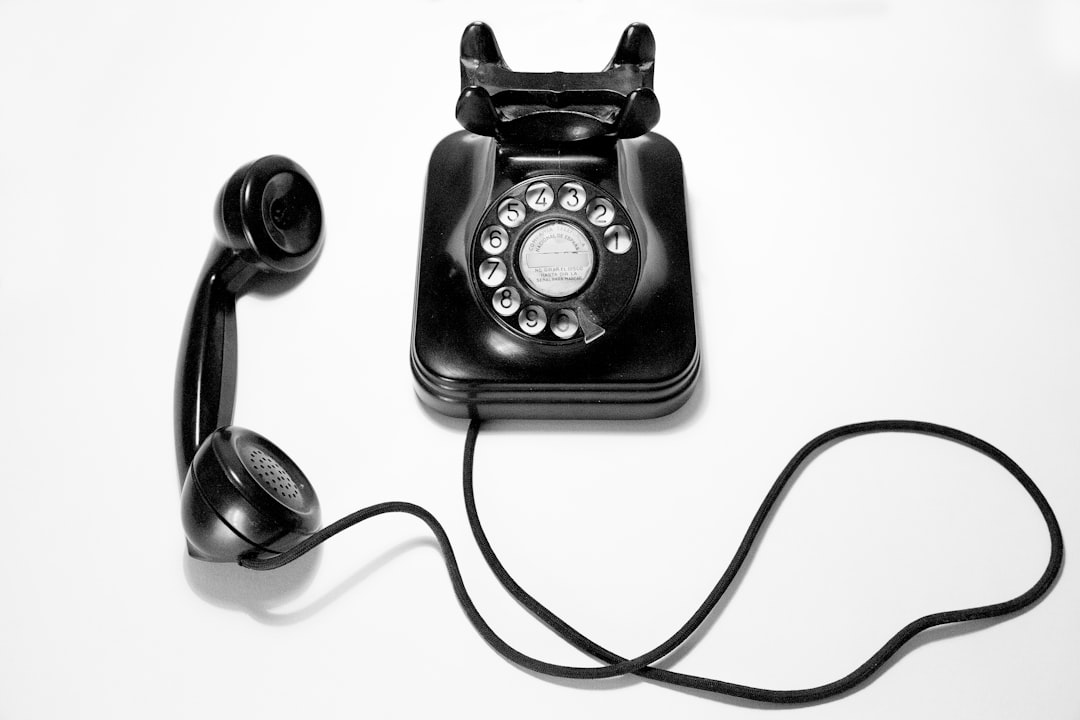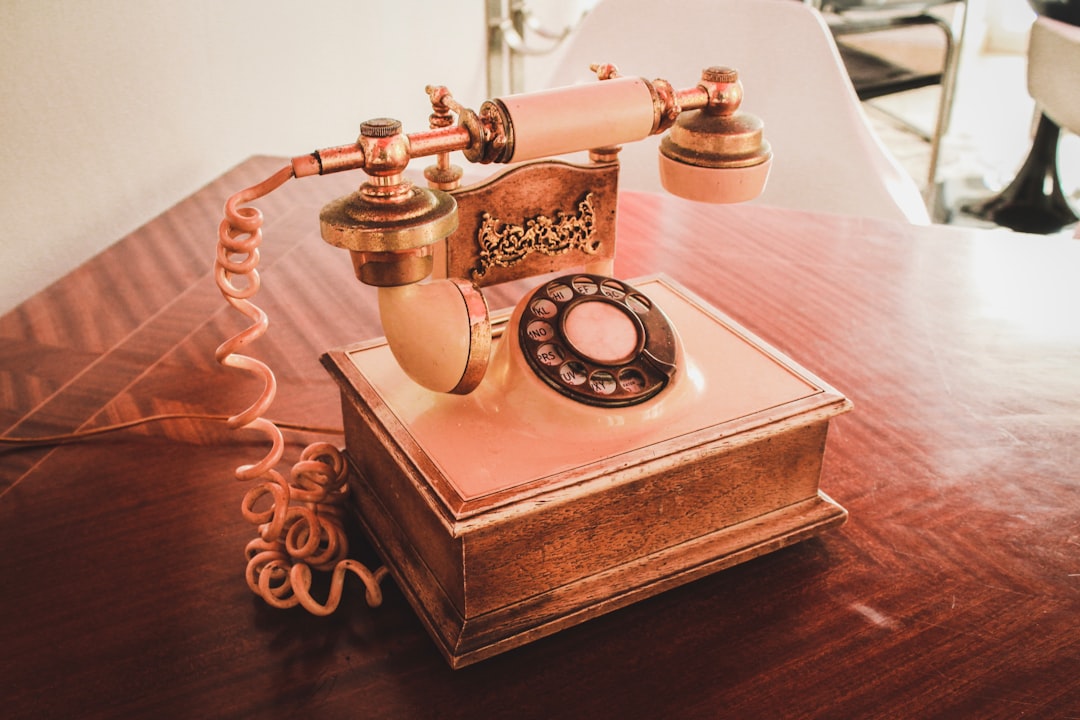Nonprofits in Virginia face unwanted telemarketing calls and scams, necessitating compliance with laws like TCPA. To handle this, maintain a professional approach, document interactions, and consult a lawyer for Unwanted call Virginia for strategic guidance and legal protection. If harassment persists, explore state harassment laws with the same specialized lawyer to permanently stop disturbing calls.
In Virginia, nonprofit workers often face unwanted calls from telemarketers and scammers. Understanding the laws protecting you is crucial. This guide equips Virginia’s nonprofit professionals with strategies to handle these calls effectively, from identifying scams to knowing when to involve a lawyer for unwanted call Virginia. By mastering these steps, you can protect your organization and its resources while navigating Virginia’s legal framework.
Understanding Unwanted Calls and Virginia's Laws

Unwanted calls, often referred to as telemarketing or robocalls, are a common nuisance for many, and nonprofit workers in Virginia are no exception. These calls can range from marketing messages to scams, and they are sometimes difficult to distinguish. It’s essential to understand that while some outbound calls are legal, there are strict regulations in place to protect individuals from excessive or deceptive telemarketing practices.
Virginia has laws in place to mitigate unwanted calls, including the Telephone Consumer Protection Act (TCPA). This federal law restricts how businesses and organizations can contact consumers by phone. A lawyer for unwanted call Virginia can provide valuable insights into these laws and help nonprofit workers navigate the legal aspects of handling such calls effectively while ensuring compliance with local regulations.
Steps to Handle Unwanted Callers Effectively

When dealing with unwanted callers, maintain a calm and professional demeanor. First, identify the caller’s intent – are they leaving a message, trying to sell something, or expressing concern? Respond accordingly; politely decline or redirect if it’s a sales call, but be empathetic if the caller is facing a difficult situation. Remember, you’re representing your nonprofit organization, so handle each interaction with care.
Document every interaction, including the caller’s name, number, and purpose. If the calls persist or become threatening, reach out to a lawyer specializing in unwanted calls in Virginia for guidance. They can advise on legal options available to protect both your time and the nonprofit’s resources. Prioritize safety and well-being; if you feel unsafe, don’t hesitate to contact local authorities.
When to Seek Legal Assistance in Virginia

If unwanted calls persist despite your best efforts to stop them, it may be time to consider legal action. In Virginia, harassment laws protect individuals from persistent and intentional unwanted contact, including phone calls. If a caller’s behavior crosses the line into harassment, you have the right to take legal steps.
Seeking assistance from a lawyer specializing in telecommunications law or consumer protection is advisable. A lawyer for unwanted call Virginia can help navigate the state’s laws and determine if your rights are being violated. They can guide you through options like sending cease-and-desist letters, filing official complaints with regulatory bodies, or pursuing legal avenues to stop the calls once and for all.






